2024 in Review: Redefining Our Strategy and Shaping the Future of Hygiene
I realise we’re well into the new year now, but like so many others, January has started with a whirlwind of activity. Still, as we dive into another fast-paced year, I’ve taken a moment to reflect on everything we achieved in 2024 and what lies ahead.
Since stepping into my role at the Reckitt Global Hygiene Institute (RGHI) in February 2024, it has been a dynamic journey. Over the past year, we’ve made some considerable strides—hosting impactful events, rethinking our strategy, and laying the foundations for an exciting future. It’s been a time of progress, learning, and, above all, momentum.
This year, we undertook a Theory of Change exercise. This was a useful and valuable way to reflect on who we are and what we do, helping us redefine our mission and vision. We’re building on the successes of the past five years and looking ahead to how we can do even more. With this refreshed strategy, we’re focused on three pillars: advancing knowledge, strengthening global research capacity, and convening stakeholders. These pillars aren’t just words on a page—they’re a roadmap for how we’ll turn research into real-world impact.
This, along with our Monitoring, Evaluation, and Learning (MEL) exercise, has enabled us to see that there is much to celebrate. RGHI has an exciting portfolio of high-impact, peer-reviewed research that will go towards delivering tangible societal benefits by improving global hygiene practices, reducing disease burden, and enhancing public health. RGHI is addressing critical hygiene challenges on a global scale that will help to make meaningful and positive differences in people’s lives. By addressing knowledge gaps and fostering evidence-based policy, RGHI helps strengthen global hygiene standards, improving public health and wellbeing.
We’ve also strengthened our reputation as a trusted partner in hygiene science. Through rigorous processes and a focus on innovation, we’ve built global connections that amplify our mission. And we’re getting better at telling our story—showing the world why hygiene is a cornerstone of health and wellbeing, not just an afterthought.
As our revised strategy was being finalised, we had the opportunity to test it at the UNC Water and Health Conference in October. Engaging with leaders and innovators in the sector left me feeling more certain than ever about RGHI’s purpose. The reality is, we can’t assume someone else will prioritise hygiene. Too often, it’s the neglected sibling in global health conversations—overlooked in government budgets and sidelined by shrinking donor landscapes. If we don’t advocate for it, who will? That’s why RGHI’s work matters so much.
As we look ahead, we’re actively pursuing new funding opportunities to take RGHI to the next level. With renewed support, we can continue to drive research that tackles pressing health challenges, accelerate the pathway from evidence to policy, and build sustainable research capacity in low- and middle-income countries. It’s about making sure the work we do today creates lasting change for tomorrow.
Hygiene isn’t just a topic we talk about; it’s the foundation of resilience in global health. Through our convening power, we’re uniting disciplines and sectors to make hygiene a priority in policy and practice. We’re also investing in local expertise—building networks of skilled leaders who can drive change in their communities and beyond. This is how we create sustainable impact.
Without sustained and targeted support, hygiene risks being marginalised, left on the periphery of future WASH initiatives and the revised Sustainable Development Goals (SDGs). However, this context also presents an opportunity. The gaps in evidence that are widely recognised as central challenges provide a clear path for RGHI to step in as a hygiene champion. By filling these gaps, RGHI can position itself at the forefront of driving hygiene’s inclusion in global WASH discussions.
As we move forward, I’m filled with optimism about RGHI’s potential. The challenges are real, but so are the opportunities. Together, with our partners and supporters, we’re not just imagining a future where hygiene is central to global health—we’re building it. Here’s to another year of progress, collaboration, and making a difference where it matters most.
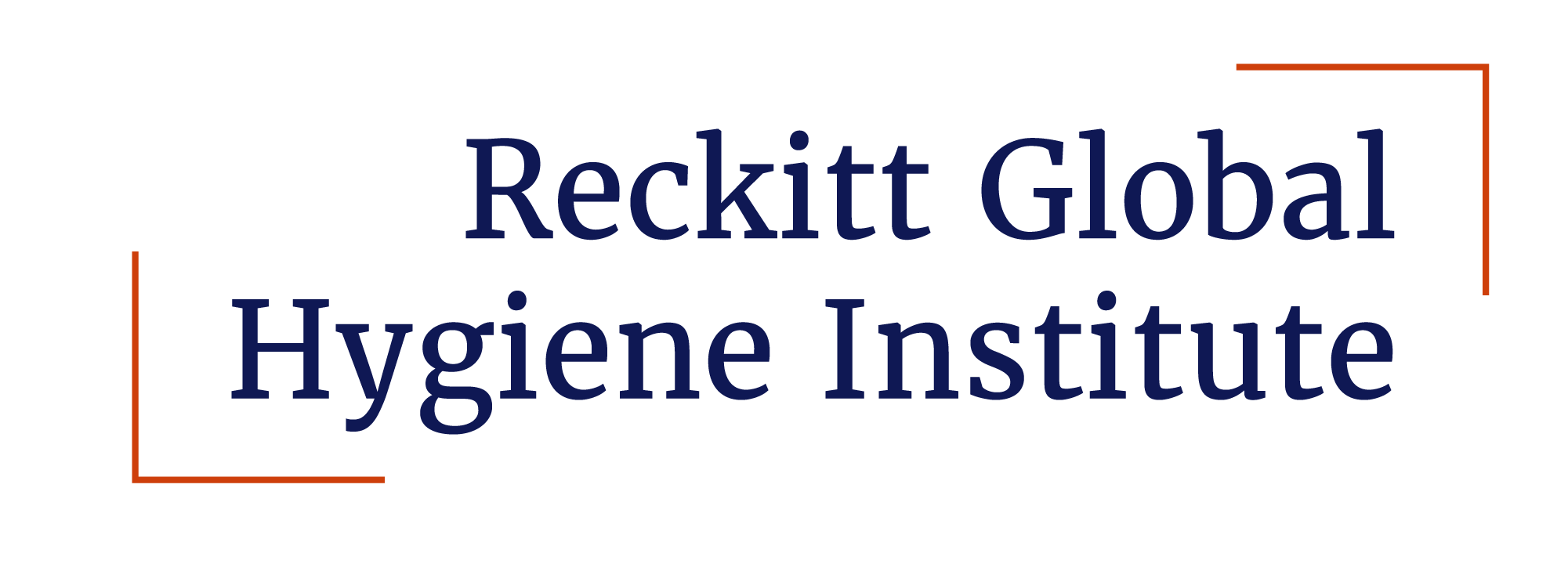

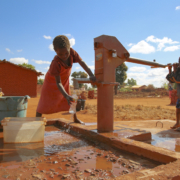 CBCC- a child pumps water at the village well by Melissa Cooperman/IFPRI (CC BY-NC-ND 2.0 https://creativecommons.org/licenses/by-nc-nd/2.0/)
CBCC- a child pumps water at the village well by Melissa Cooperman/IFPRI (CC BY-NC-ND 2.0 https://creativecommons.org/licenses/by-nc-nd/2.0/)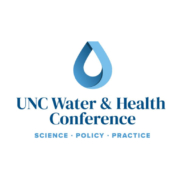
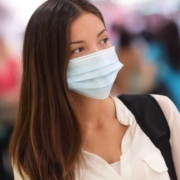

 Woman with face mask using smart phone while reading her medical report in waiting room at the clinic by Drazen Zigic (iStock Standard Licence)
Woman with face mask using smart phone while reading her medical report in waiting room at the clinic by Drazen Zigic (iStock Standard Licence)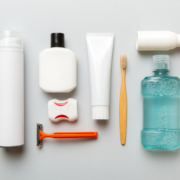
 View of Mumbai skyline over slums in Bandra suburb by f9photos (ISTOCK CONTENT LICENSE AGREEMENT, https://www.istockphoto.com/en/legal/license-agreement)
View of Mumbai skyline over slums in Bandra suburb by f9photos (ISTOCK CONTENT LICENSE AGREEMENT, https://www.istockphoto.com/en/legal/license-agreement)